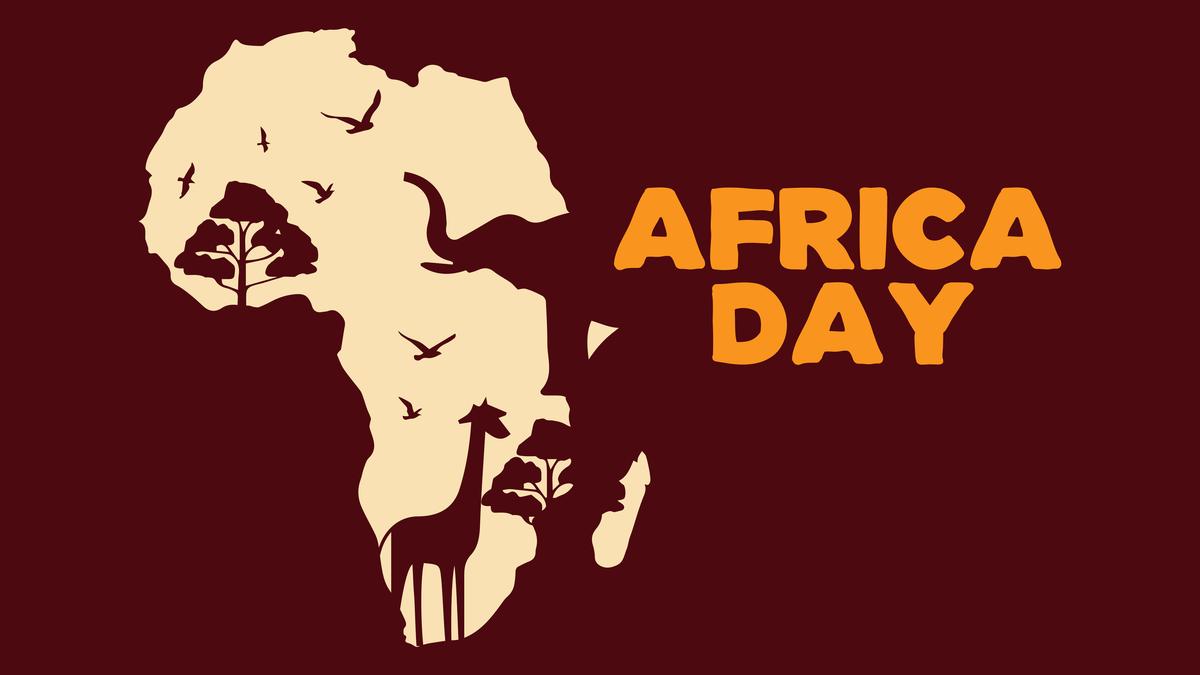Africa Day (May 25) marks the founding of the Organisation of African Unity in 1963 and symbolises the continent’s ongoing journey towards unity, independence, and development. To usher in a new era of growth, the African Union’s Digital Transformation Strategy (2020-2030) positions digital innovation at the heart of its agenda. It recognises the need for governments to adopt digital solutions that can accelerate socio-economic progress.
This evolving paradigm is also reshaping India’s approach to development diplomacy in Africa. For decades, India has blended state-led financing with socially embedded solutions, ranging from capacity-building through technical training to infrastructure projects backed by concessional lines of credit. Increasingly, social enterprises delivering low-cost, high-impact innovations have also become part of New Delhi’s engagement, reflecting a shift toward more inclusive and adaptable partnerships.
A digital partnership
India’s development approach is now entering a new phase, marked by more integrated, technology-driven partnerships. This builds on early initiatives such as the Pan-African e-Network, launched in 2009, which provided tele-medicine and tele-education through satellite and fibre-optic infrastructure, implemented by TCIL on behalf of the Indian government.
Expanding on this, and building on the success of its Digital Public Infrastructure (DPI) systems, such as Aadhaar, UPI, CoWIN, and DIKSHA, India is now focusing on sharing and co-creating digital solutions to tackle fundamental governance and service delivery challenges. This shift comes at a crucial moment for Africa, where many governments are advancing national and continental digital agendas, aligned with initiatives such as the Policy and Regulatory Initiative for Digital Africa and the Smart Africa Alliance, aimed at harnessing technology for inclusive and sustainable development.
The contours of a digital partnership between India and Africa are already emerging. In 2021, Togo’s National Agency for Identification signed an MoU with the International Institute of Information Technology Bangalore (IIT-B) to implement the Modular Open-Source Identification Platform as the foundation for its national digital ID system. In 2023, Zambia signed an MoU with the Centre for Digital Public Infrastructure at IIIT-B to support the implementation and scaling up of the Smart Zambia Initiative, a national effort to advance digital transformation across government services. In 2024, the Bank of Namibia signed a pact with the National Payments Corporation of India for developing a UPI-like instant payment system. Ghana, too, is linking its payment system with India’s UPI to enable faster transactions. These partnerships reflect a growing interest in India’s DPI model, which offers affordability, scalability, and a public-oriented design.
However, these advances of India’s digital diplomacy in Africa are not occurring in a vacuum. As research by Folashadé Soulé highlights, African governments typically choose digital partners not based on ideological alignment or geopolitical loyalty, but on the partner’s capacity to meet national digital priorities. In this context, China has frequently emerged as a preferred collaborator, thanks to state-backed financial mechanisms that lower the cost of adoption, especially in infrastructure-heavy domains. But it is not alone in shaping Africa’s digital future: the European Union, the U.S., and India are competing for influence. What sets India apart is not just its technology, but its framing of DPI as a digital public good, open-source, and adaptable. India’s DPI model offers a public-oriented alternative to a more surveillance-driven or proprietary approach. The opportunity lies in adapting these tools to local contexts through genuine state-led collaboration, beyond technology transfer.
In this context, the establishment of the first overseas campus of the Indian Institute of Technology Madras in Zanzibar represents a strategic intervention. By offering advanced academic programmes in Data Science and AI and integrating with Indian private sector partners to fund scholarships, the initiative aligns technical capacity-building with broader socio-economic goals. If scaled effectively, such models could power Africa’s digital infrastructure.
Challenges
However, challenges persist. Africa is home to the world’s largest digital divide. This exclusion is shaped by the high costs of data and devices, stark rural-urban disparities in connectivity, and a persistent gender gap in digital access and literacy. Moreover, the expansion of digital infrastructure hinges on reliable energy supply, a critical bottleneck in many African countries. Meeting the growing energy demands of digital transformation will require coordinated investments in sustainable power generation and grid expansion.
Regardless, the groundwork for digital governance is advancing. About 85% of African countries now have national ID systems with digital capabilities, and over 70% collect biometric data for authentication purposes. This presents a strong foundation on which to build inclusive and interoperable public digital platforms. A new India-Africa digital compact, anchored in mutual respect, co-development, and long-term institutional partnerships, could serve as a scalable framework for advancing digital inclusion.
Veda Vaidyanathan, Fellow, Foreign Policy and Security Studies, Centre for Social and Economic Progress
Published – May 26, 2025 01:38 am IST
